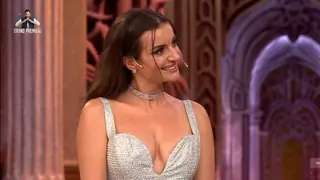Every artiste works on some inspiration or the other. One cannot sit in a room, completely vacant, with a blank mind, and compose a literary work or a musical composition. Even the greatest of artistes have drawn inspiration from some prior form of work or music - the key word being DRAW INSPIRATION.
Sit on the seashore to draw inspiration from the sound of the waves to make a musical tune or a picture or a theme for a new book. Or use the hoof beats to make it a tune. This cannot be classified as plagirism, but in fact, is just being inspired by different sounds (of nature, in this case) to create your own work, your idea.
Classic example of a copyright issue which is out of a textbook
A poem was written by a poet in 1820
. The poet expired in 1888. The poem was copied in verbatim by another author in a chapter of his book in the year 1970. Is this a copyright infringement?
Answer is NO. There is no infringement of the copyright in such a case because the term of the copyright for a literary work subsists for a period of sixty years after the death of the author.
However, the ethics come into play if the subsequent author were to give credit to the original author of the poem, after all, it is the creative mind of another and not his own.
Today, if someone copies verbatim the creative work of another, without giving due credit to the original author, and thereby PASSING OFF the work as his own creative creation, he is definitely guilty of plagiarism.
Edited by s.priya - 19 years ago




























